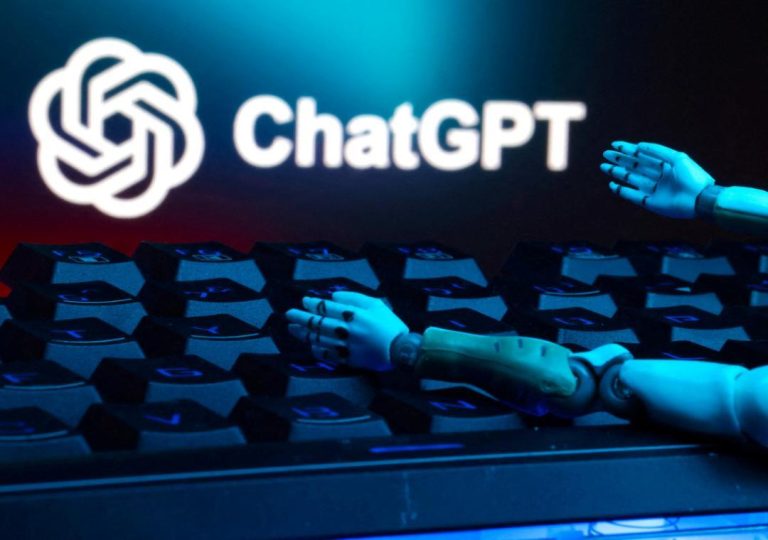
Meta Tests In-House AI Chip with TSMC to Cut Nvidia Reliance
In a significant move to reduce its reliance on Nvidia, Meta, the parent company of Facebook, Instagram, and WhatsApp, has partnered with TSMC to test its first in-house AI training chip. The chip, designed as a dedicated AI accelerator, aims to enhance efficiency in AI computing and has the potential to revolutionize the tech giant’s recommendation systems.
Meta’s interest in developing its own AI chip stems from its growing need for efficient AI processing power. With the increasing demand for AI-driven features and services, the company faces significant costs and limitations from relying on external providers like Nvidia. By designing and manufacturing its own AI chip, Meta aims to overcome these challenges and gain greater control over its AI infrastructure.
The new chip, if successful, is expected to be used for Meta’s recommendation systems, which are a crucial component of its social media platforms. These systems use AI algorithms to suggest content, friends, and groups to users based on their online behavior. A more efficient AI chip will enable Meta to improve the accuracy and speed of these recommendations, leading to a better user experience.
In the future, Meta plans to scale its in-house AI chip for more advanced AI applications, such as generative AI tools. These tools, developed under Meta AI, have the potential to create innovative content, such as images, videos, and music. With its own AI chip, Meta will be able to accelerate the development and deployment of these tools, further solidifying its position in the AI landscape.
This development is significant, as Meta has previously attempted to create its own custom chips. However, those efforts were unsuccessful, and the company had to rely on external providers like Nvidia. The new partnership with TSMC marks a departure from this approach, as Meta is now taking a more hands-on approach to chip design and manufacturing.
TSMC, a leading independent semiconductor foundry, will manufacture the AI chip using its advanced 5nm process technology. This partnership will enable Meta to leverage TSMC’s expertise and resources to develop a high-performance AI chip that meets its specific needs.
The development of Meta’s AI chip is part of a broader trend in the tech industry, where companies are increasingly investing in their own AI infrastructure to reduce reliance on external providers. This trend is driven by the need for greater control, customization, and cost savings.
Other companies, such as Google and Amazon, have also developed their own AI chips. Google’s Tensor Processing Units (TPUs) are designed for AI computing and are used in its data centers. Amazon’s Inferentia chip is a custom-designed AI chip for its AWS cloud service.
Meta’s decision to develop its own AI chip is a strategic move to enhance its competitiveness in the AI landscape. The company is investing heavily in AI research and development, with plans to deploy AI-powered features across its social media platforms.
The success of Meta’s AI chip will depend on several factors, including its performance, power efficiency, and manufacturing costs. If the chip can deliver improved performance and efficiency, it will be a significant achievement for Meta and a major blow to Nvidia’s dominance in the AI chip market.
In conclusion, Meta’s partnership with TSMC to test its first in-house AI training chip marks a significant shift in the company’s approach to AI computing. The development of this chip has the potential to revolutionize Meta’s recommendation systems and enable the company to deploy more advanced AI applications. As the tech industry continues to evolve, it will be interesting to see how Meta’s AI chip performs and whether it can successfully reduce its reliance on Nvidia.
Source: https://geekflare.com/news/why-is-meta-investing-billions-to-build-its-own-ai-chip/






